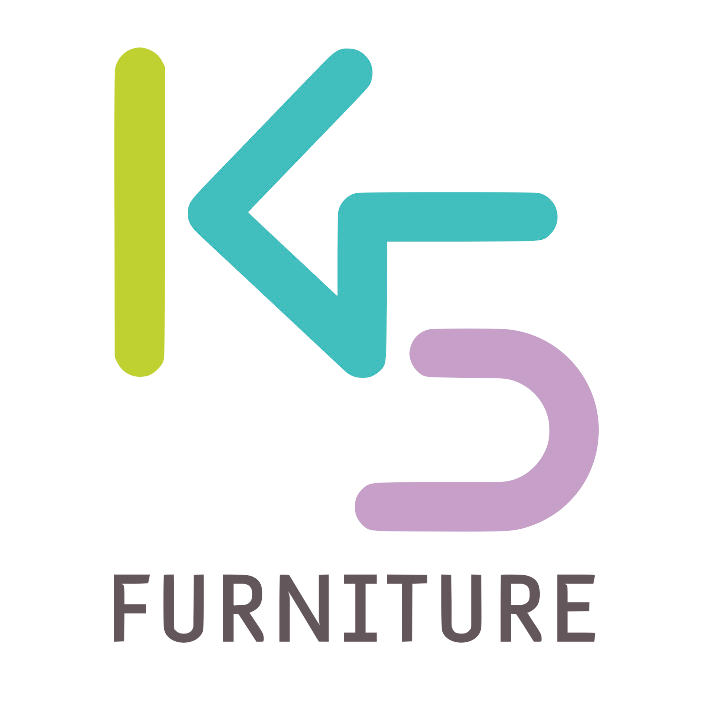Yutjuwala Djwarr: Nhulunbuy Flexible Aged Care Facility
Photography: Brett Boardman
We recently caught up with David Kaunitz of Kaunitz Yeung Architecture to review their INDE Awards shortlisted project, the Yutjuwala Djwarr Aged Care Facility, and to discuss the principles of designing for inclusivity.
The Yutjuwala Djwarr – Nhulunbuy Flexible Aged Care Facility was in development for two decades but faced numerous delays due to previous iterations lacking a culturally appropriate approach. This changed in 2019 when the contract was awarded to Kaunitz Yeung Architecture.
David Kaunitz and co-founder Ka Wai Yeung attribute their ability to connect with the needs of the Yolŋu people to create a sanctuary for ‘later and end-of-life care’ is linked to their own immigration experiences. As they explain, "A multicultural experience gives you an understanding of being respectful of 'the other'." This understanding and willingness to learn influenced the project's lengthy research process, proving to be as crucial to its success as the design and construction.
East Arnhem Land, home to 16,000 people, 12,000 of whom are Yolŋu, is a remote region steeped in tradition and cultural significance. The Yolŋu people, among the most traditional Aboriginal groups in Australia, consist of 16 clans spread across eight communities and numerous homelands. These communities have advocated for an aged care facility that allows Elders to remain on Country, maintaining their cultural roles and responsibilities. The dislocation of Elders to off-Country facilities disrupts the transmission of cultural knowledge and undermines community cohesion, making the establishment of Yutjuwala Djwarr a cultural imperative.
The participatory design process for Yutjuwala Djwarr spanned more than three years, involving extensive consultation with Yolŋu Elders, prospective residents, families, and local organisations. This inclusive approach included selecting the site and ensured that the facility met the cultural needs and expectations of the Yolŋu people. Kaunitz elaborates on the significance of this process, stating, "The most important aspect of the work we do, besides its appearance or functionality, is how much people feel ownership, and we create ownership through participation."
The design reflects the unique cultural needs of its residents. Rooms are arranged like palm fronds, separated by gardens and verandas, allowing for cross-ventilation, natural light, and visual connections to the surrounding Country. This unconventional layout supports outdoor sleeping and communal living, aligning with Yolŋu customs. The flexible design also accommodates different cultural groupings, family units, and gender separations, ensuring that cultural protocols are maintained.
The project utilised local materials, including Darwin Stringybark timber milled by the Aboriginal-owned Gumatj Corporation. This sustainable approach not only supported the local economy but also ensured that the materials used had cultural resonance. The facility's design includes a substantial rooftop solar array, reducing its environmental footprint and aligning with traditional practices of living in harmony with nature.
Yutjuwala Djwarr – Nhulunbuy Flexible Aged Care Facility is more than a place of care; it is a cultural sanctuary that honors the Yolŋu people's traditions and strengthens community bonds. Through its innovative design and deep community involvement, Yutjuwala Djwarr has created a model of care that is both culturally respectful and sustainable, setting a precedent for future projects aimed at preserving the cultural heritage of Australia's First Nations people.
When Kaunitz reflects on the project and why the architecture industry and the local community are responding so positively to it; "There is a social dimension to buildings and architecture, as well as an empowerment component. For First Nations people, buildings connect to country and embody self-determination. I can see people valuing that more and more, and I am grateful for that."
K5 is the proud sponsor of the INDE Influencer category in the 2024 programme. The shortlisted projects, such as Yutjuwala Djwarr, embody our company ethos; create only when necessary and always consider the impacts on the future.




